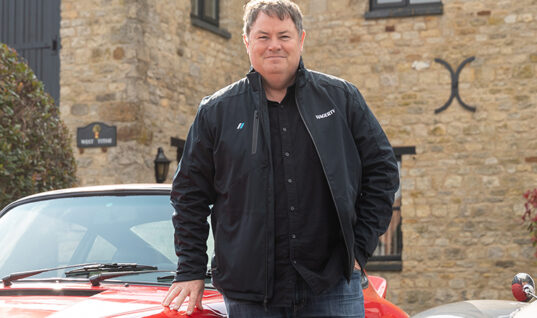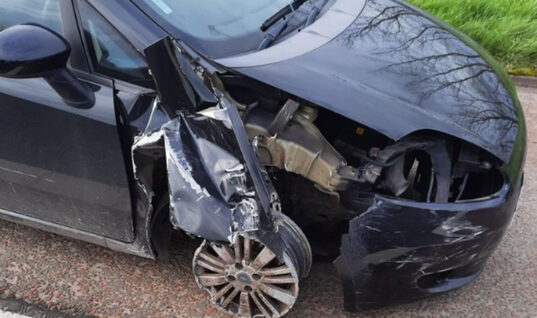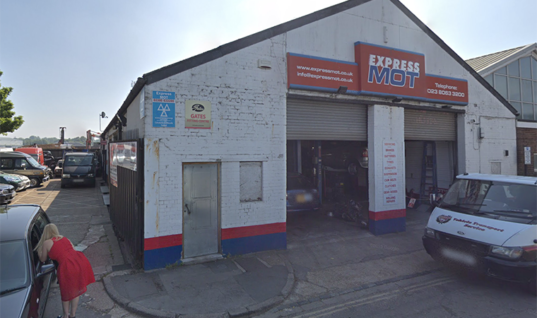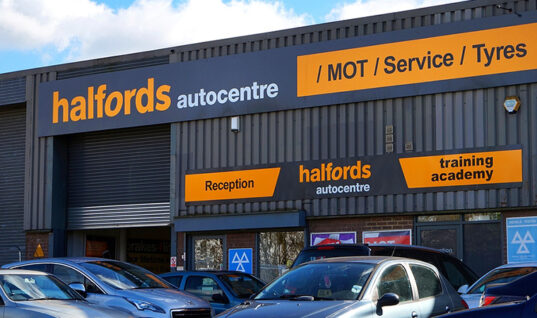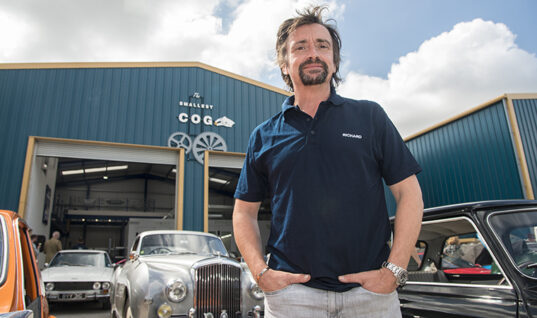Dayco, an engine products and drive systems supplier for the automotive, industrial and aftermarket industries, is also a major player in the production of OE torsional vibration dampers, which it manufactures for many prominent vehicle manufacturers, both automotive and heavy-duty, across Europe and around the world.
Modern powerplants are highly engineered to deliver the optimum combination of power and torque, alongside fuel efficiency and minimal exhaust emissions.
This objective often comes at the cost of high levels of engine vibration, which is generally intensified by the significant pressures present in the engine’s combustion chambers, an occurrence especially prevalent with diesel units.
This vibration is transmitted through the crankshaft and therefore has a significant impact on the engine’s power transmission drive systems.
To reduce this problem, Dayco engineers have developed a range of damper pulleys, with the prefix DPV.
Generally installed directly to the crankshaft, the damper reduces the circular vibrations that cause the primary problem, decreasing wear on many of the engine’s components.
Naturally, the front end auxiliary drive (FEAD) system is a principal beneficiary, which increases the durability of the entire powerplant, but they also improve comfort for the vehicle’s occupants.
There are three types of damper that, depending on the application, are generally installed: the simple, double and decoupler.
The simple damper is integrated within the FEAD system, its single rubber element provides sufficient vibration reduction for applications with standard NVH (noise, vibration and harshness) requirements.
The double damper encompasses two rubber elements within its metal parts, which are designed to absorb vibration at different frequencies, and is for use in applications that generate high power and increased vibration, such as modern diesel engines.
Although the decoupler damper still incorporates a rubber ring, the damping function is carried out through metal springs, as opposed to solely relying on its rubber element.
It is used on the latest generation engines with greater power and enables the FEAD system to cope with high mileage and adverse conditions, particularly for applications that feature a BSG (belt start generator) function for their start/stop systems.
Damper replacement
As with every wearing part, over the course of time and as the vehicle’s mileage increases, problems can occur and the damper can lose its efficiency or sometimes even break, which itself obviously increases the risk of failure in other parts of the engine’s drive systems.
To avoid these problems, dampers should be checked for signs of wear, such as abnormal noises, unpleasant vibrations or even steering oscillations, at every 40,000 mile interval or when replacing the auxiliary belt. However, as a matter of course and irrespective of the signs, Dayco suggests they are changed every time the timing belt is renewed.
Technicians must be aware however, that in order to check the damper correctly, it needs to be removed from the engine because the back, as well as the front needs to be examined to fully assess its condition.
In addition, whether it needs to be replaced or not, if its fixing bolts are designed to stretch on initial fitment, these must be changed, as they will no longer meet their design tolerances if reused.
Aftermarket solutions
In common with all the products that Dayco manufactures, its DPVs are produced in the same facilities, to identical standards, so whether the damper is destined for OE or aftermarket supply, it is of the highest quality, which provides peace-of-mind to both the workshop and its customers.
For maximum convenience and to ensure the highest standards are maintained during its installation, each damper in the 160 plus-strong Dayco range that technically also requires its bolts to be replaced, comes complete with the correct specification bolts.
This assurance and the 95 per cent vehicle parc coverage the programme provides, makes Dayco DPVs the ultimate choice for the discerning aftermarket professional.
For more information email [email protected] or select ‘more details’ below.



